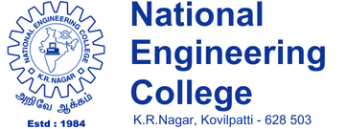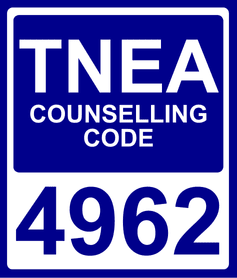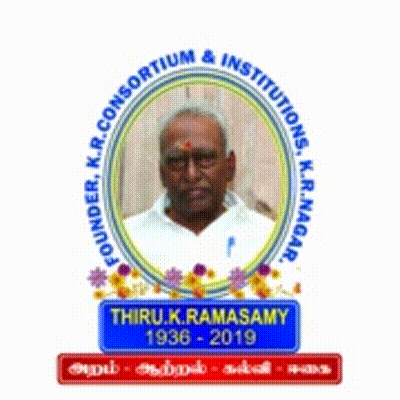- Home
- About NEC
- Admission
- Mandatory Disclosure
- Academics
 Controller Of Examinations
Controller Of Examinations- Departments
- Research
- Placement
- IQAC
- About
- National Board of Accreditation (NBA)
- National Institutional Ranking Framework (NIRF)
- NAAC Grade Sheet
- Atal Ranking of Institutions On Innovation Achievements (ARIIA)
- Institutional Information for Quality Assessment – IIQA
- Self Study Report – SSR
- DVV Clarification
- AQAR 2023 – 2024
- Strategic Planning And Quality Assurance Center
- Student Affairs & Industrial Relations – SA & IR
- About
- Chapters
- IEEE Student’s Chapter
- IEEE Computer Society Student’s Chapter
- IE(I) Student’s Chapter
- IE(I) Staff Chapter
- Computer Society Of India Chapter
- IETE Students’ Forum
- ISTE Student’s Chapter
- ISTE Staff Chapter
- ISHRAE Student’s Chapter
- Society For Manufacturing Engineers
- Society Of Automotive Engineers – Student’s Chapter
- CISCO Networking Academy
- Red Hat Academy
- MISTRAL Academy
- ICT Academy
- Matlab Forum
- Clubs
- Innovation
- General Facilites
- Students
- Alumni




